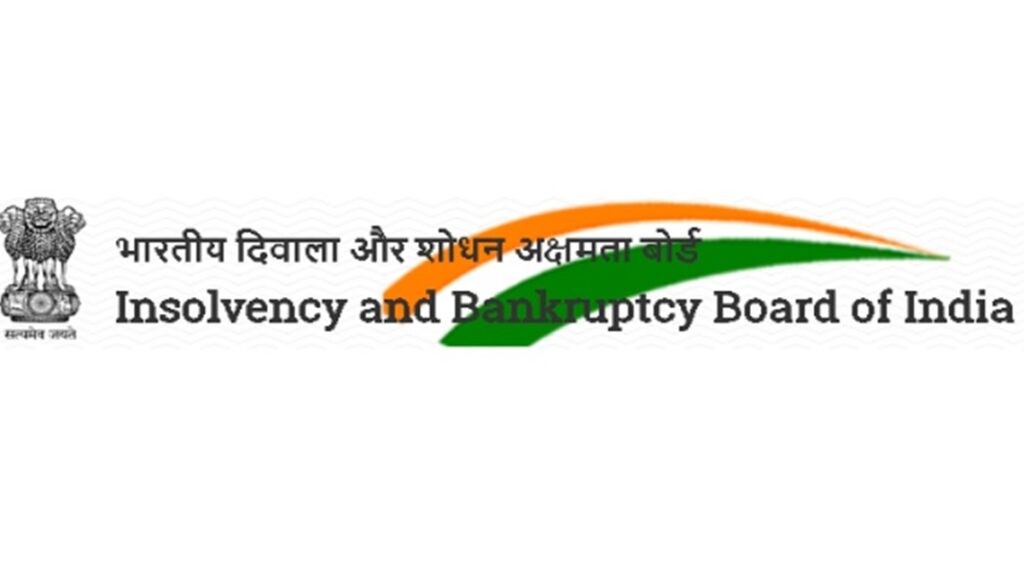NEW DELHI: The Insolvency and Bankruptcy Board of India (IBBI) has recommended several changes in the liquidation process under the Insolvency and Bankruptcy Code (IBC), in order to enhance overall efficiency, increase stakeholder confidence, and improve financial outcome for all parties involved.
One key change is to allow the IBBI to operate and manage the corporate liquidation account (CLA) “permanently”, and do away with the requirement of having the CLA within the Public Accounts of India (PAI). The move is expected to expedite claim processing and improve overall fund management, said the regulator in a discussion paper floated on Tuesday.
As per the current rules, the completion of the liquidation process requires that all the proceeds be distributed to the stakeholders. However, in several cases, the liquidators are left with the proceeds as they are unable to distribute them to some of the stakeholders due to the unavailability of requisite details of such stakeholders, which delays the liquidation process. To facilitate the closure of the in such cases, the IBBI had opened a corporate liquidation account to deposit such undistributed amounts.
The extant rules mandate the establishment of a CLA within the Public Accounts of India. It further provides that until the Corporate Liquidation Account is operated as part of the PAI, the IBBI shall open a separate bank account with a scheduled bank.
Anjali Jain, partner, Areness said that the said proposal would certainly expedite claim processing and improve fund management. “But it would be interesting to witness the proposed alternative arrangements for unclaimed proceeds as the details of such alternatives are not yet deliberated on,” she added.
Yogendra Aldak, partner, Lakshmikumaran and Sridharan said that the proposal seems to be a significant step forward in the IBC regime, “as it will provide opportunities for efficient disbursal processes, enhanced transparency and open avenues for proactive use of such proceedings”.
The other proposals are with respect to: (a) review of the auction process in liquidation; and (b) ensure transparency in compromise or arrangement schemes by mandating liquidator for applying closure of the liquidation process to the Adjudicating Authority (AA).
On voluntary liquidation regulations, the IBBI has recommended changes in relation to: (a) uncalled capital or unpaid capital contribution; and (b) improving the management of unclaimed proceeds in the corporate voluntary liquidation account.
For auction, the IBBI proposes to allow the prospective bidders in the auction process on the basis of an affidavit/declaration of their eligibility. In case the liquidator finds that a prospective bidder has submitted a wrong affidavit, then apart from losing the right to participate in the auction, the Earnest Money Deposit (EMD) shall stand forfeited.
The provision for forfeiture of EMD will act as a deterrent and ensure that only serious and eligible participants enter the bidding process, said the IBBI.
Further, since bidders, a priori, would be careful in submitting correct information, the possibility of forfeiture of EMD would be rare and as the liquidator will consult the stakeholder consultation committee (SCC) before effectuating the forfeiture, the possibility of misuse of this proposed provision will be insignificant, the regulator said.
Siddharth Srivastava, partner at Khaitan & Co said that the changes in auction process is a key regulatory change. “Doing away with detailed diligence on bidder eligibility will make the process time efficient. Also, making consultation with stakeholders a mandatory requirement before rejection of the bid will ensure transparency in the process and avoid unreasonable action or possibility collusion of liquidators and bidders,” he added.
Meanwhile, the IBBI proposes the regulation to be amended to allow the voluntary liquidation process to be completed even if there is still some “uncalled capital”. By permitting the liquidation process to be completed even with some uncalled capital, the amendment would prevent unnecessary delays in the liquidation process, the regulator noted.
Jyoti Prakash Gadia, managing director, Resurgent India said that the proposed amendments will have a far reaching impact on the mechanism in which these cases are being handled at present. “The chief criticism of the IBC mechanism primarily underscores the undue delays and the excessive haircuts involved in the resolution process .These are partly proposed to be addressed through the proposed amendments,” he said.
Source: The Financial Express


 Conflicting Forces Shaped Voting In Maharashtra Assembly Polls
Conflicting Forces Shaped Voting In Maharashtra Assembly Polls 